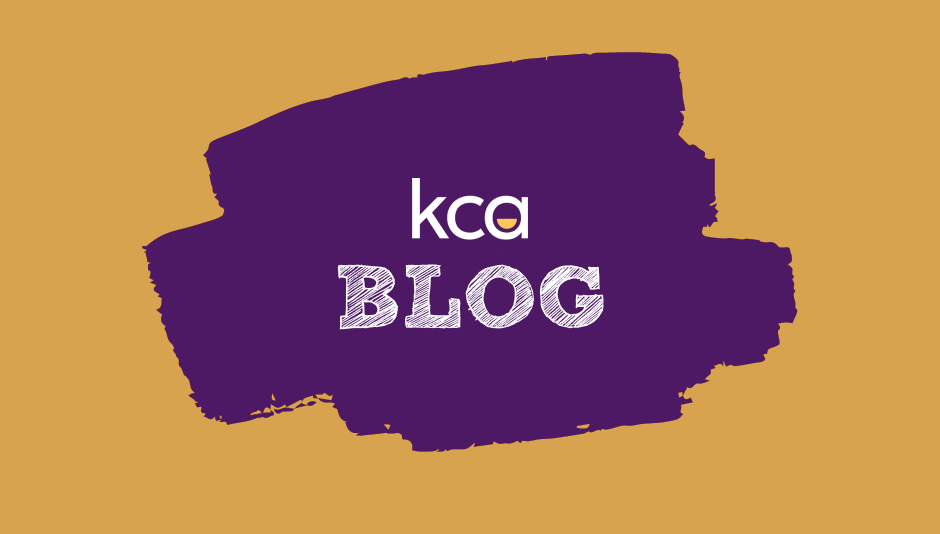Social ties are the cheapest medicine we have.
Richard Holmes, 2 September 2024
In recent years, people have experienced a shedload of stress – some personal and some contextual (Covid, Cost of living crisis/ war in Europe and Israel). While these contextual things may not have directly impacted everyone in the same way, they are factors which have generated a sense of instability, volatility, and contributed to ‘collective trauma’ across the population.
This sense of instability and volatility can be seen in the data trends relating to mental health in both adults and children.
- suicide rates in England and Wales reach highest level since 1999
- more than 500 children a day in England are being referred to NHS mental health services for anxiety, more than double the rate of before the pandemic began
- UNICEF research - parents variously said they had felt overwhelmed (49%), anxious (43%), unsupported (36%) and lonely (26%) in the last year
- UNICEF research - 70% of parents with babies and young children said it was getting harder every year to be a parent in Britain,
- workplace absences have increased to the highest level in a decade, with ‘stress’ being found to be major cause.
- overall school absence has almost doubled 4.7% to 7.5% and persistent absence levels have doubled from 10.9% to 22.3% compared to pre-covid levels.
This data suggests that stress and mental health isn’t an individual experience but a collective one.
When we individualise the issue, all we see are the symptoms but not the social conditions that have caused the individual's illness. Gabor Mate puts it like this: 'emotional distress is caused by what is experienced and largely rooted in social factors'.
Professionals have largely been trained to ‘fix’ issues (and too often scare resources and lack of adequate staffing exacerbate the lack of focus on working preventatively). Charities and social purpose organisations bid for money tied to narrow KPIs, which prevents personalisation of services that would in the long run reduce demand and support recovery. Rarely is there time, capacity or resource for practitioners to reflect and act on what has happened to an individual to cause those symptoms.
If we are experiencing collective trauma, then we need collective action to build a connected social infrastructure to make communities feel like communities.
